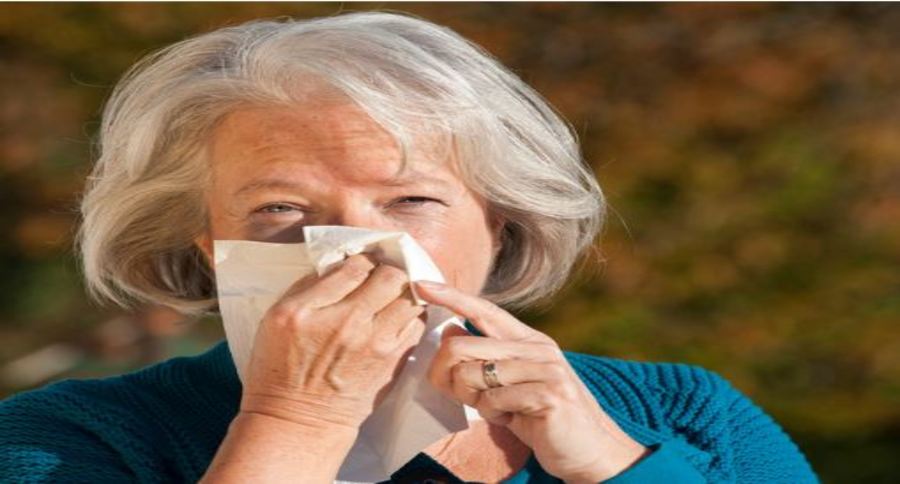
Autumn is here, which means so is the peak season for influenza, a viral infection that attacks the nose, throat and lungs. For individuals 65 years and older, they have a higher risk of developing serious flu complications compared with young, healthy adults. This increased risk is due in part to changes in immune defenses with increasing age.
While flu seasons vary in severity, during most seasons, people 65 years and older bear the greatest burden of severe flu disease. The best way to protect against flu and its potentially serious complications is with a flu vaccine. CDC recommends that almost everyone 6 months and older get a seasonal flu vaccine each year, ideally by the end of October. However, as long as flu viruses are circulating, vaccination should continue throughout flu season, even into January or later. Flu vaccines can be found at your health care provider’s office as well as many walk-in pharmacies like CVS and Walgreens. The sooner you or your loved one receives it, the better.
Good health habits like avoiding people who are sick, covering your cough and washing your hands often can help stop the spread of germs and prevent respiratory illnesses like flu. There also are flu antiviral drugs that can be used to treat and prevent flu. Other ways to help prevent spreading the flu include:
- Avoid close contact. Avoid close contact with people who are sick. When you are sick, keep your distance from others to protect them from getting sick too.
- Stay home when you are sick. If possible, stay home from work, school, and errands when you are sick. This will help prevent spreading your illness to others.
- Cover your mouth and nose. We are all prone to wearing masks due to the COVID-19 pandemic. But if you are not for some reason, make sure to cover your mouth and nose with a tissue when coughing or sneezing.
- Clean your hands often. Washing your hands often will help protect you from germs. If soap and water are not available, use an alcohol-based hand rub.
- Avoid touching your eyes, nose or mouth. Germs can be spread when a person touches something that is contaminated with germs and then touches his or her eyes, nose, or mouth.
Practice other good health habits. Clean and disinfect frequently touched surfaces at home, work or school, especially when someone is ill. Get plenty of sleep, be physically active, manage your stress, drink plenty of fluids, and eat nutritious food.

